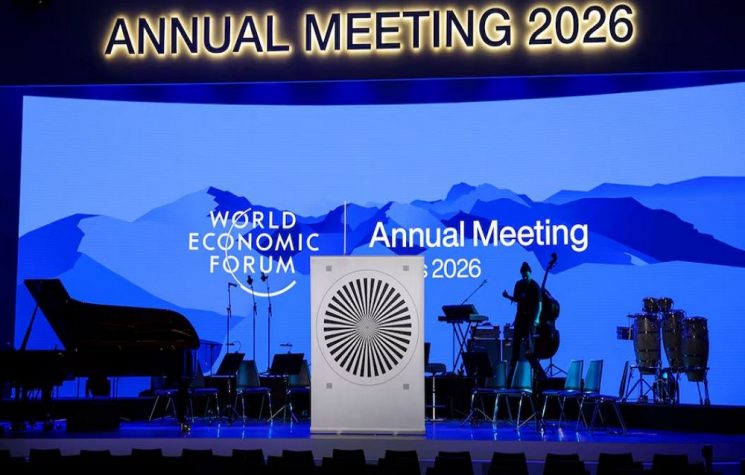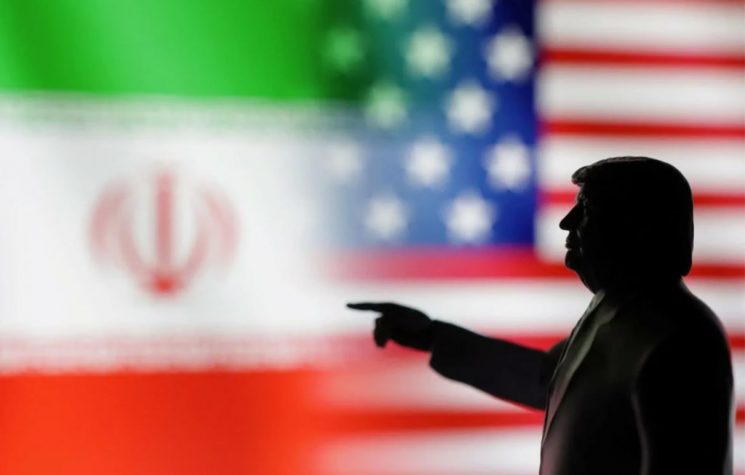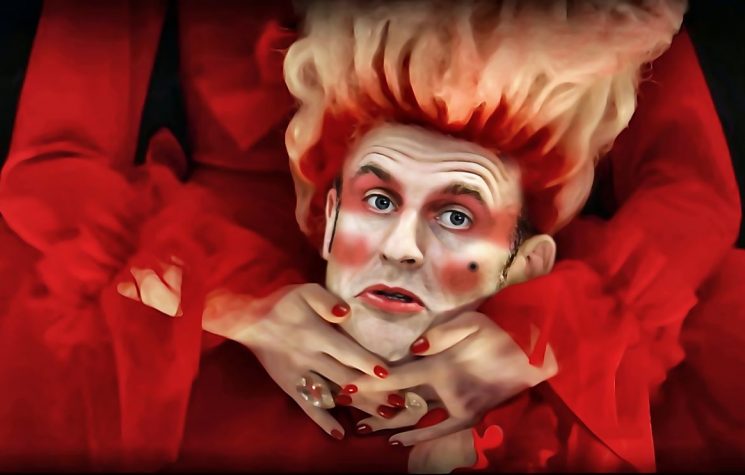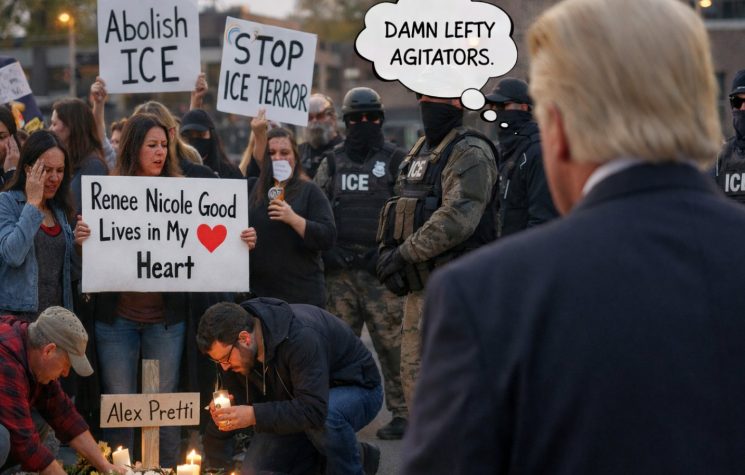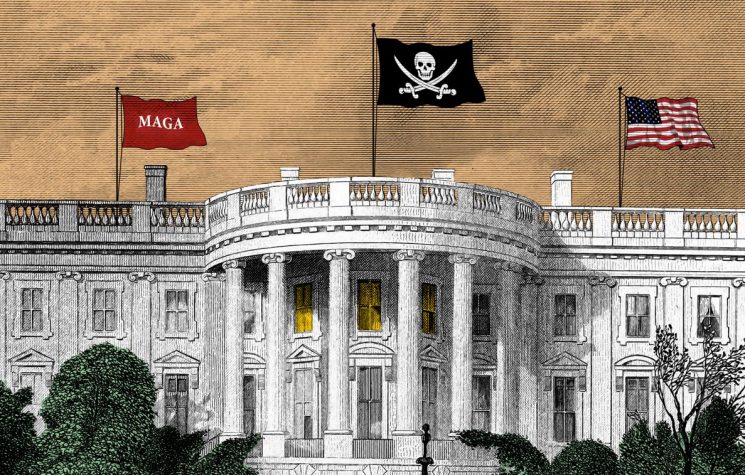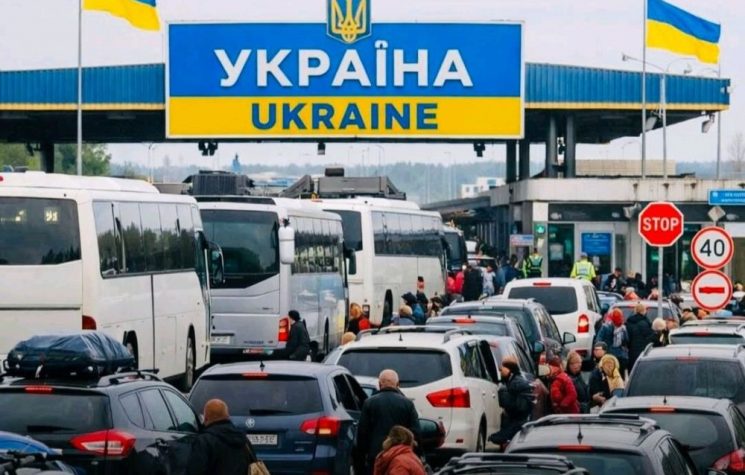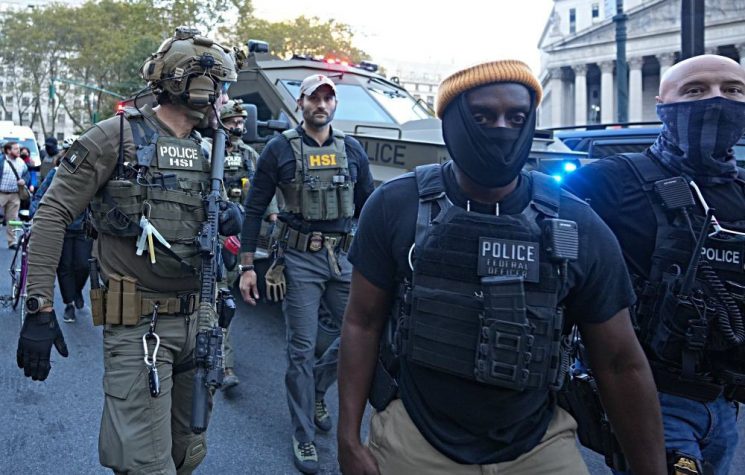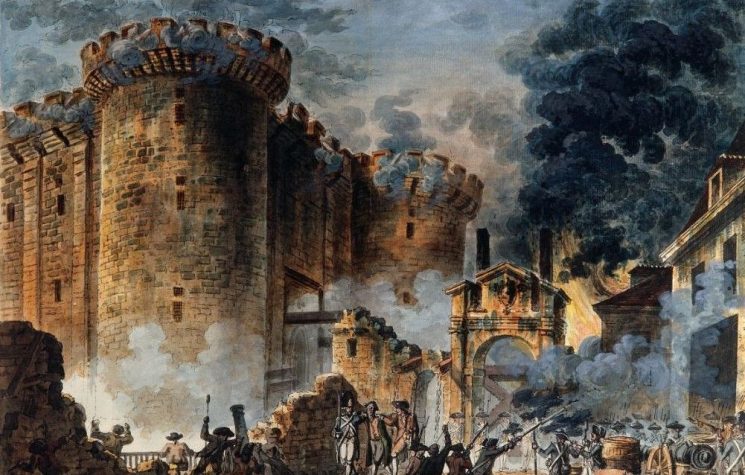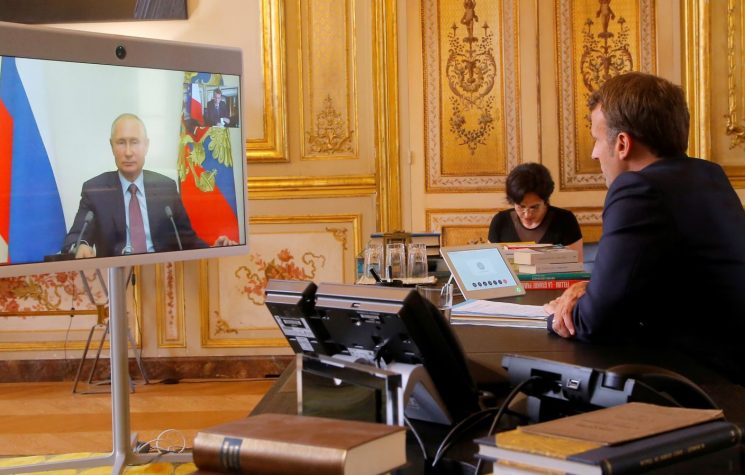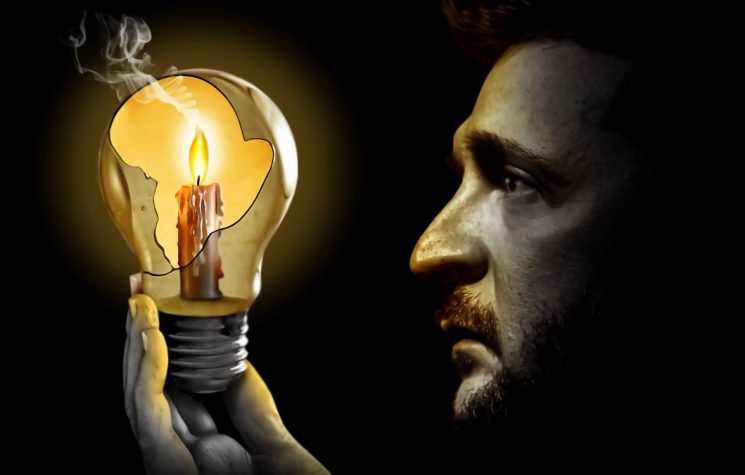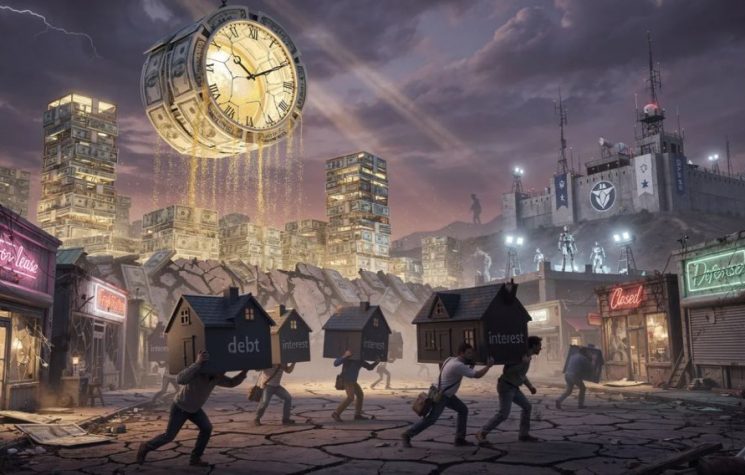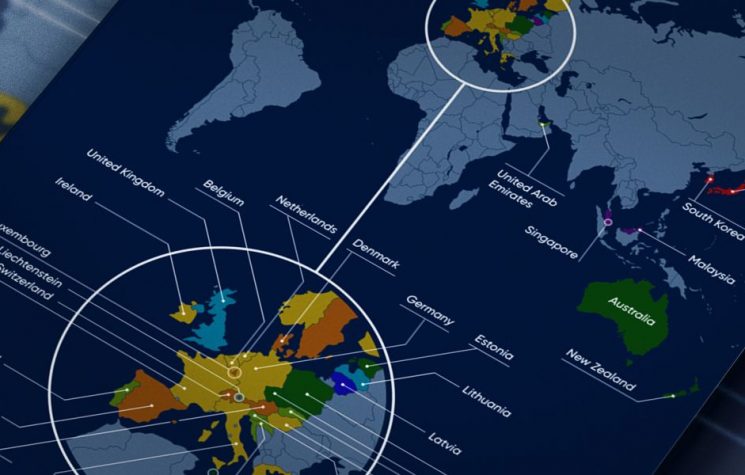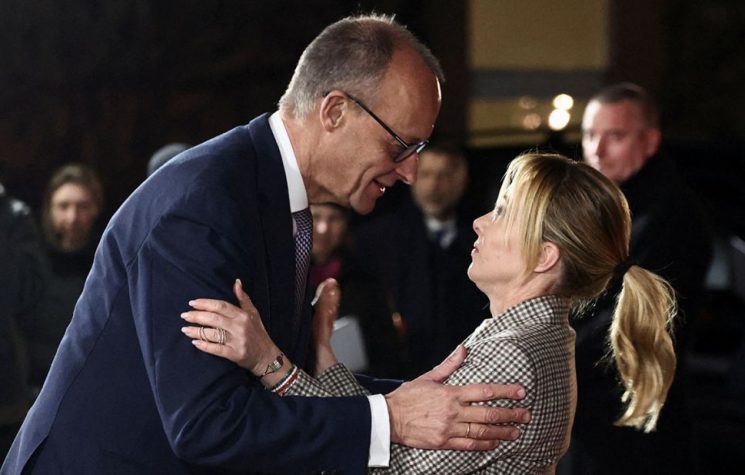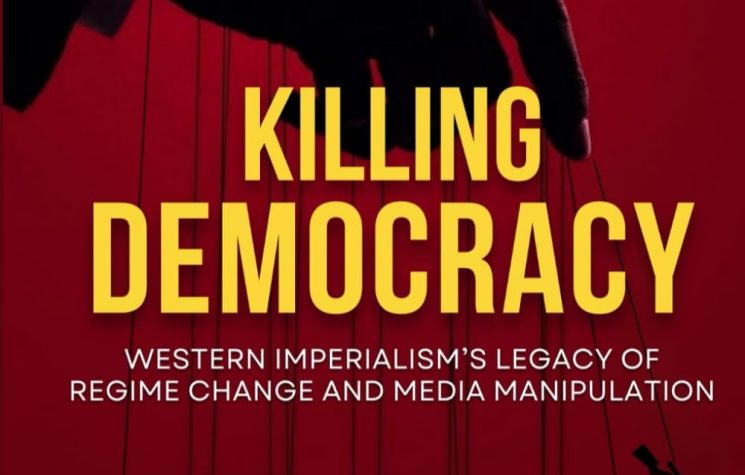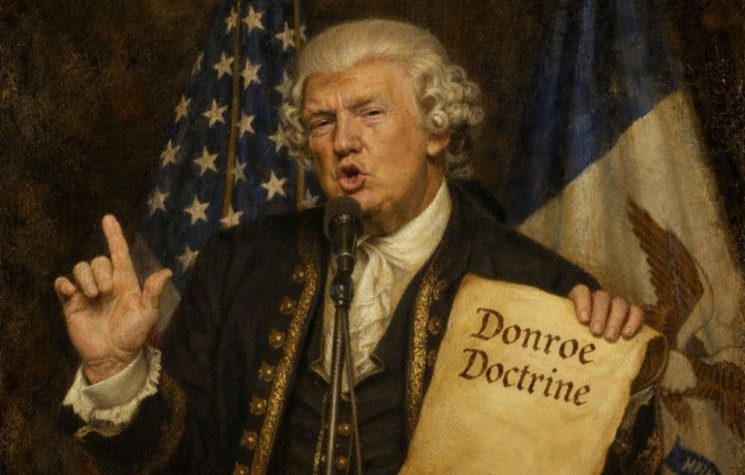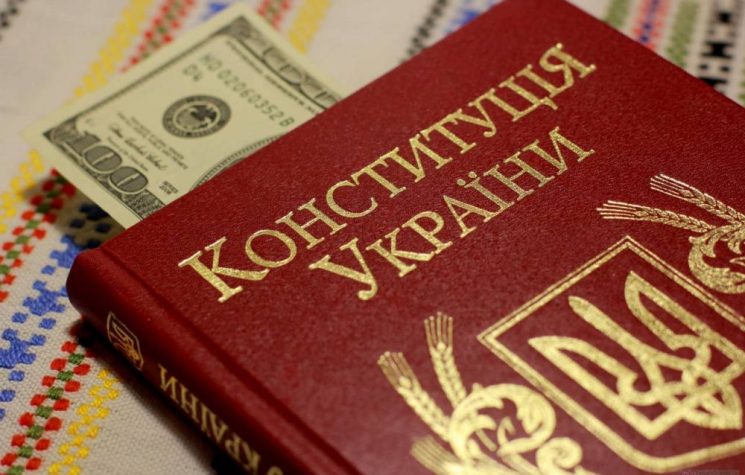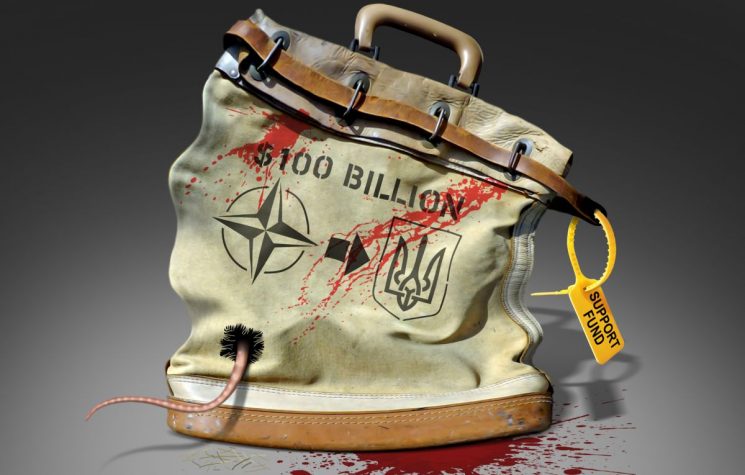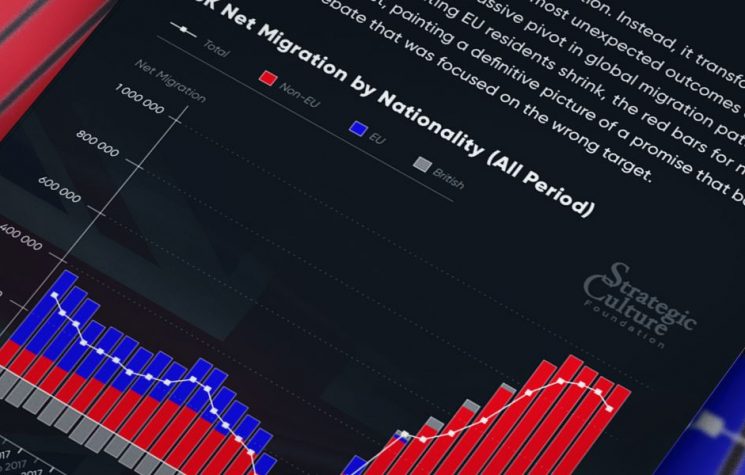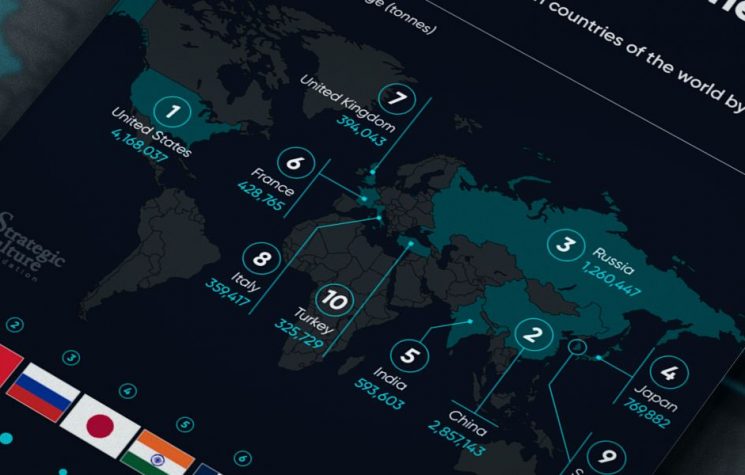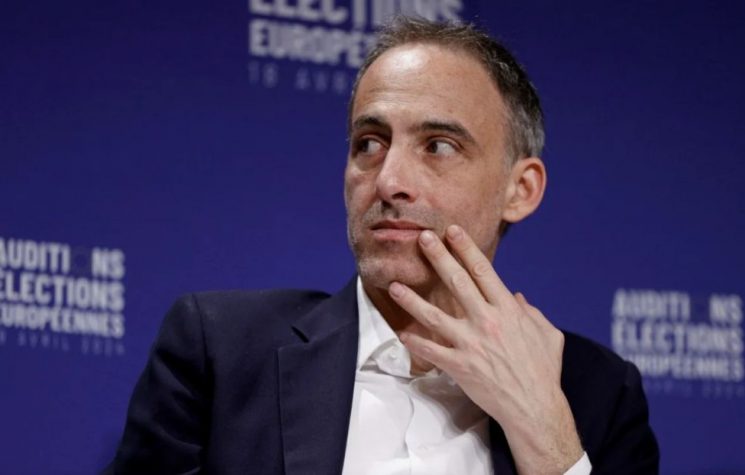The western conviction that Russia’s fragility is explained by its move away from the ‘Anglo’ economic doctrines reflects wishful thinking.
❗️Join us on Telegram ![]() , Twitter
, Twitter ![]() , and VK
, and VK ![]() .
.
The chaos that western ‘experts’ were expecting, ‘with libidinous excitement’, to unfold in Russia “which was certain to feature “Russians … killing Russians”, and with Putin “probably hiding somewhere.” – did arrive – except that it exploded in France, where it was not expected, with Macron on the ropes rather than it being Putin in Moscow.
There is much to be distilled from this interesting inversion of expectations and of events – from a tale of two very different insurrections:
On Saturday afternoon, after Prigozhin had reached Rostov, news broke across the U.S. that Prigozhin had struck a deal with President Lukashenko to end his protest and go to Belarus. Thus ended a largely bloodless affair. No support was forthcoming for Prigozhin, either from the political class, or from within the military. The western Establishment was left reeling; their expectations seemingly inexplicably crushed, within hours.
Equally shocking however to the West, were the videos coming out from Paris, and from cities across France. Cars burning; police stations and municipal buildings on fire; police attacked and shops widely looted and sacked. These were scenes, as if poached from the ‘Fall of Imperial Rome’.
Ultimately, this insurrection too, faded. Yet, it was nothing like the fading of the Prigozhin ‘mutiny’ which ended with a show of support for the Russian State per se, and for President Putin personally.
In the French insurrection, precisely nothing was ‘solved’ – the State being seen as ‘beyond remedy’ in its current iteration: A Republic no more. And President Macron’s personal standing reviled, possibly beyond rehabilitation.
Unlike in the Russian instance, the French President saw much of the police turn against him (with the police union issuing a statement that reeked of an imminence of civil war, with the rioters labelled ‘vermin’). Senior Army Generals also warned Macron either to ‘get a grip’ on the situation, or they would be forced to do it.
Clearly – if only for nine days – the means of state enforcement had turned its back on the Head of State. All history tells us that a leader who has lost the support of his enforcers maybe soon lost too (at the next insurrection).
This mutiny by the banlieues is all too easily dismissed as an ancient sore of Algerian/Moroccan origin re-surfacing, yet again. It is true that the killing of a young man of north African origin was the immediate trigger to rioting within several cities – all in uproar within the hour.
For those keen to dismiss any wider significance (despite earlier mass protests not being by the banlieusards), it is waved away, with mutterings of how the French are somehow prone to take to the streets!
Put frankly, the underlying problem that France just revealed is the pan European crisis – long brewing – to which there are no ready solutions. It is a crisis that threatens all Europe.
Commentators however are quick to suggest that street protests (such as those in France) cannot threaten a European State – protests there were diffuse, and without a political core.
Stephen Kotkin however, wrote a book Uncivil Society in answer to the prevalent myth that without an organised parallel civil society, opposing and ultimately displaced the regime, EU states are perfectly safe and can ‘carry on’ ignoring popular anger.
Kotkin’s thesis is that Communist regimes fell, not only unexpectedly and basically overnight, and (except in Poland) without the prior existence of any organized opposition whatsoever. It is complete myth that Communism fell as the result of an opposing civil society, he writes. The myth persists however, within a West which busily creates opposition civil societies in furtherance of their regime-change objectives.
Rather, the only organized structure in Communist Eastern Europe was the ruling Nomenklatura. Kotkin estimates this ruling technocratic bureaucracy at some five to seven percent of the population. These people interacted with each other daily, and formed the coherent entity that had actual power. They lived a privileged parallel reality, entirely severed from the world around them, that dictated every aspect of life to its own benefit – until one day, it didn’t. It was this technocracy that collapsed in 1989.
What caused these states suddenly to fall? Kotkin’s short answer is a cascading failure of confidence: a “political bank run”. And the crucial event in the overthrow of all communist governments was street protest. Thus, the events of 1989 utterly astonished the entire West because of the lack of organised political opposition.
The point here of course, is that today’s European technocracy, inhabiting its extreme gender, diversity and Green parallel realities (to that of most Europeans), smugly assumes that with control of Narrative, they can suppress protest and proceed impose a World Economic Forum future that erases national identities and cultures without hindrance.
What is happening in France – in diverse forms – is precisely ‘a political bank run’ on the French President. And what is happening in France however, can spread …
Of course, street protests in communist states had taken place before. What was different in 1989, Kotkin argues, was extreme regime fragility. The two immediate drivers – other than simple incompetence and sclerosis – were the refusal by Mikhail Gorbachev (like Macron during this recent insurrection) to backstop a crackdown, plus the failing economic Ponzi scheme in which all these states had engaged (borrowing in hard currency from the West to prop up their economies).
It is here that we can gain insight into why recent events in France are so grave, and impinge more widely. For perversely, Europe is essentially treading the same path (with western characteristics) that Eastern Europe trod.
At the end of the two World Wars, west Europeans had sought a fairer society (the industrial society that had preceded the wars was frankly both feudal and brutal). Europeans wanted a new deal that cared for the less advantaged too. It was not socialism per se that was sought, though some plainly did want communism. Essentially, it was about re-inserting some ethical values into an amoral laissez-faire economic sphere.
It did not work out well. The system ballooned, ‘til western states could no longer afford themselves. Debt spiked. And then, in the 1980s, a seeming ‘remedy’ – imported from the Chicago School of neo-liberal zealots, preaching attrition of the social infrastructure and the financialisation of the economy – was widely adopted.
The Chicago proselytisers told PM Thatcher to stop building ships or manufacturing cars – that was for Asia. Financial services ‘industry’ was the goose that would lay the golden egg in the future.
The cure proved ‘worse than the disease’. Paradoxically the flaw to this unfolding economic conundrum had been perceived by Friedrich List and the German School of Economics, as early as the nineteenth century. He saw the flaw to the ‘Anglo’ debt-led, consumption-based model: That (in a nutshell) a society’s well-being and its overall wealth are determined not by what the society can buy, but by what it can make.
List predicted that a capsize toward prizing consumption – above attending to building the real economy – inevitably would lead to an attenuation of the real economy: As consumption, and an ephemeral financial and services sector, sucked out the ‘oxygen’ of fresh investment from the manufacture of real output (still required to pay for imports), the real economy would wither.
Self-reliance would erode, and a shrinking base of real wealth creation would support ever-smaller numbers in adequately-paid employment. And ever greater debt would become necessary to sustain a shrinking pool of those productively employed. This represents the ‘Tale of France’.
In the U.S. today, for example, officially unemployed figures are given as 6.1 million Americans; yet 99.8 million of working age Americans are considered “not in the labour force”. Thus a total of 105 million of working-age Americans have no job today.
This is the same ‘trap’ attriting France (and much of Europe). Inflation is rising; the real economy is contracting; and well-paid employment shrinking – at the same time that support fabric has been eviscerated (for ideological reasons).
It is bleak. The spike in immigration into Europe compounds the problem. Everyone can see that, except for the European Nomenklatura who remain in ideological ‘open society’ denial.
Here’s the rub: There are no solutions. Undoing the structural contradictions of this Chicago model are beyond present western political capacities.
The Left have no solution, and the Right are not permitted an opinion – Zugzwang (checkmate).
Which brings us back to the ‘Tale of Two Cities’, and their very different insurgency experiences: In France, there is no solution. In Russia, Putin and millions of others had experienced the ‘shock therapy” of price liberation and hyper-financialism during the Yeltsin years.
And Putin ‘got it’. As List foresaw, the ‘Anglo’ financialised model eroded national self-reliance and shrunk the base of real wealth creation, which provided the jobs needed to sustain the Russian population with work.
Many people lost their jobs during the Yeltsin years; were not paid; and saw the real value of their earnings plummet – whilst oligarchs appeared seemingly out of nowhere came to plunder any institution that had value. There was hyperinflation, gangsterism, corruption, currency runs, capital flight, desperate poverty, increased alcoholism, declining health, and vulgar and wasteful displays of wealth by the super-rich.
However, the primary influence on Putin came from President Xi. The latter had made clear, in a searing analysis entitled, “Why did the Soviet Union Disintegrate?”, that the Soviet repudiation of the history of the CPSU of Lenin, of Stalin, “was to wreck chaos on Soviet ideology and engage in historical nihilism”.
Xi argued that, given the two poles of ideological antinomy – that of the Anglo-American construct, on the one hand, and the Leninist eschatological critique of the western economic system on the other – the Soviet “ruling strata had ceased to believe” in the latter, and consequently had slid into a state of nihilism (with the pivot to the western liberal-market ideology of the Gorbachev-Yeltsin era).
Xi’s point was clear: China had never made this detour. Plainly put, for Xi, the Yeltsin economic débacle was the result of the turn to western liberalism. And Putin concurred.
In Putin’s words, China “managed in the best possible way, in my opinion, to use the levers of central administration (for) the development of a market economy … The Soviet Union did nothing like this, and the results of an ineffective economic policy impacted the political sphere”.
But that is precisely what Russia, under Putin, has corrected. Mixing Lenin’s ideology with List’s economic insights (a follower of List, Count Sergei Witte was Prime Minister in 19th Century Russia) has made Russia self-reliant.
The West does not see it this way. The latter persists in seeing Russia as a fragile, friable state, so financially straitened that any reversal on the Ukrainian battlefront could bring about a panicked financial collapse (as seen in 1998), and political anarchy in Moscow, similar to that of the Yeltsin era.
On this faulty, absurd analysis, the West launched war on Russia via Ukraine. The war strategy was always predicated on Russian political and economic fragility (and a military mired in rigid, Soviet-style command structures).
The war may in no small part be attributed to this failure to understand Xi and Putin’s strong conviction that the Yeltsin devastation was the inevitable result of the turn to western liberalism. And that this flaw required concerted correction, which Putin duly did – but which the West did not notice.
The U.S. however persists, against the evidence, in the conviction that Russia’s inherent fragility is explained by its move away from the ‘Anglo’ economic doctrines. It reflects western wishful thinking.
Most Russians, on the other hand, attribute Russia’s resilience in the face of a combined western financial onslaught as explicable, because Putin had largely moved Russia into self-reliance, outside of the U.S. dominated western economic sphere.
Thus, the paradox is explained: In the face of the Prigozhin ‘insurgency’, Russians expressed their confidence and support for the Russian State. Whereas in the French insurgency, the people expressed discontent and anger at the ‘trap’ in which they find themselves. The political run on the Macron ‘bank’ is underway.










